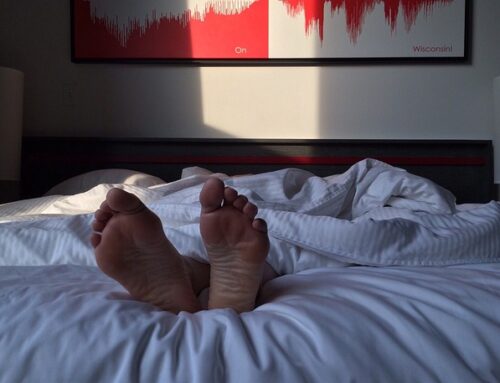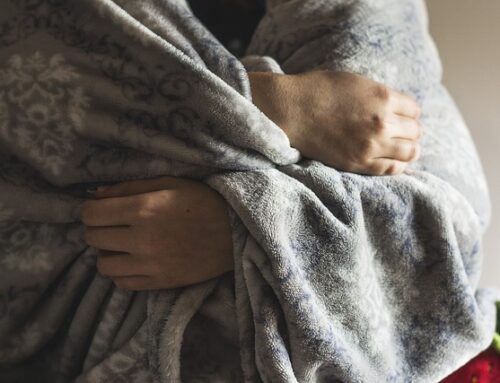Millions of Americans have a hard time falling or staying asleep at night. This is especially true for women more than men. According to a professor at the Yale School of Medicine, insomnia is more common in females and can begin early on in women in their teens or 20s.
Research has shown that women are more likely than men to experience insomnia and other sleep disorders. In fact, they are about 1.5 times more likely to have insomnia. A 2006 Canadian study found women were 1.3 to 1.8 times more likely than men to have insomnia. And in a 2007 National Sleep Foundation poll of Americans, 60 percent of women between the ages of 18 and 24 only got a good night’s sleep a few times a week while 52 percent of men only had a good night’s sleep a few days a week.
Why is this the case?
Women have a greater likelihood of developing insomnia and other sleep disorders because of tremendous changes in hormonal levels experienced from the time they begin menstruating to menopause. Pregnant women may also have trouble sleeping due to increased urination, restless leg syndrome, acid reflux, leg cramps and other discomforts. And for women going through menopause, their sleep can be disturbed by hot flashes and night sweats that might last for years.
It is also possible for women to be kept up at night due to non-hormonal factors. For example, more men snore. That means more women have to listen to that snoring, which can make falling asleep even more difficult. Additionally, men are more likely to have obstructive sleep apnea, which can interrupt women during sleep due to pauses in breathing and potential snoring.
The reasons for insomnia and other sleep disorders needs to be explored. It also needs to go beyond just offering sleep aids. Additionally, many people might self-medicate with alcohol, which as you know, can worsen symptoms of sleep apnea and cause even more inconsistent sleep.
We need to help our patients get a better night’s sleep every night, no matter what their sleep disorder is. By asking the right questions and paying attention to their complaints, you might be just what they need to begin their journey toward healthy sleep and wellbeing.





